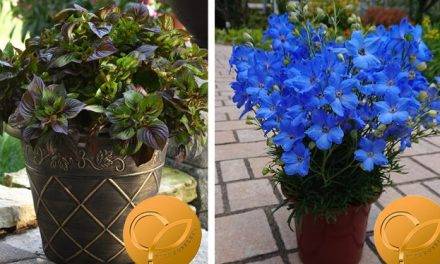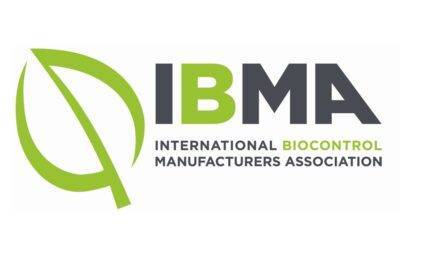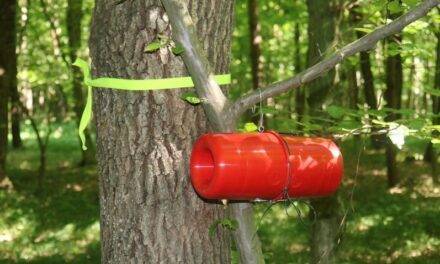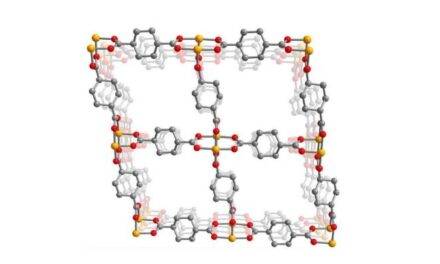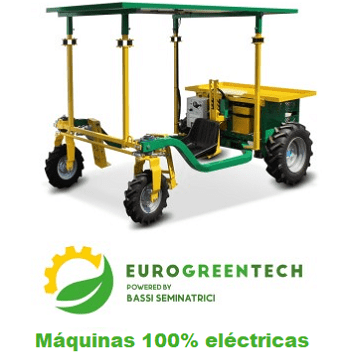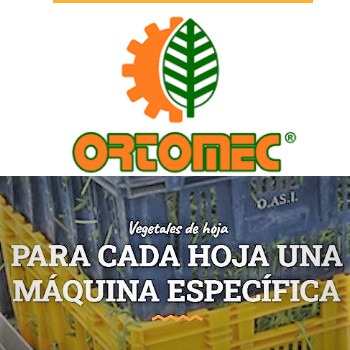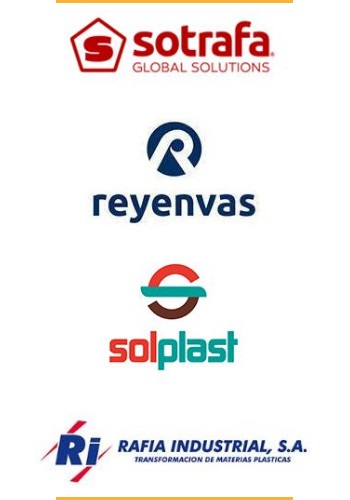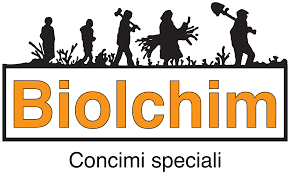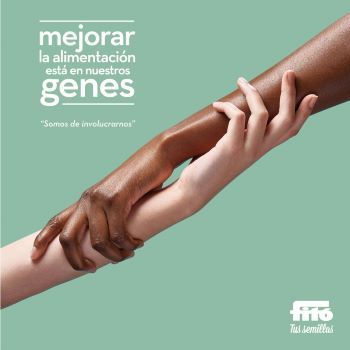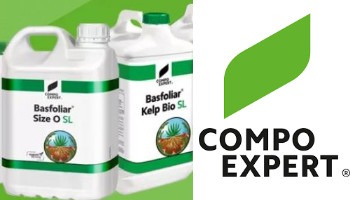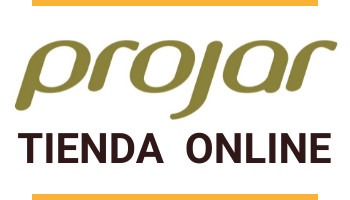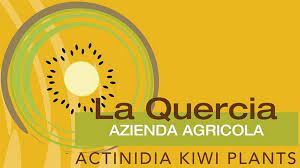
Improving the management of plastic waste in the agricultural sector
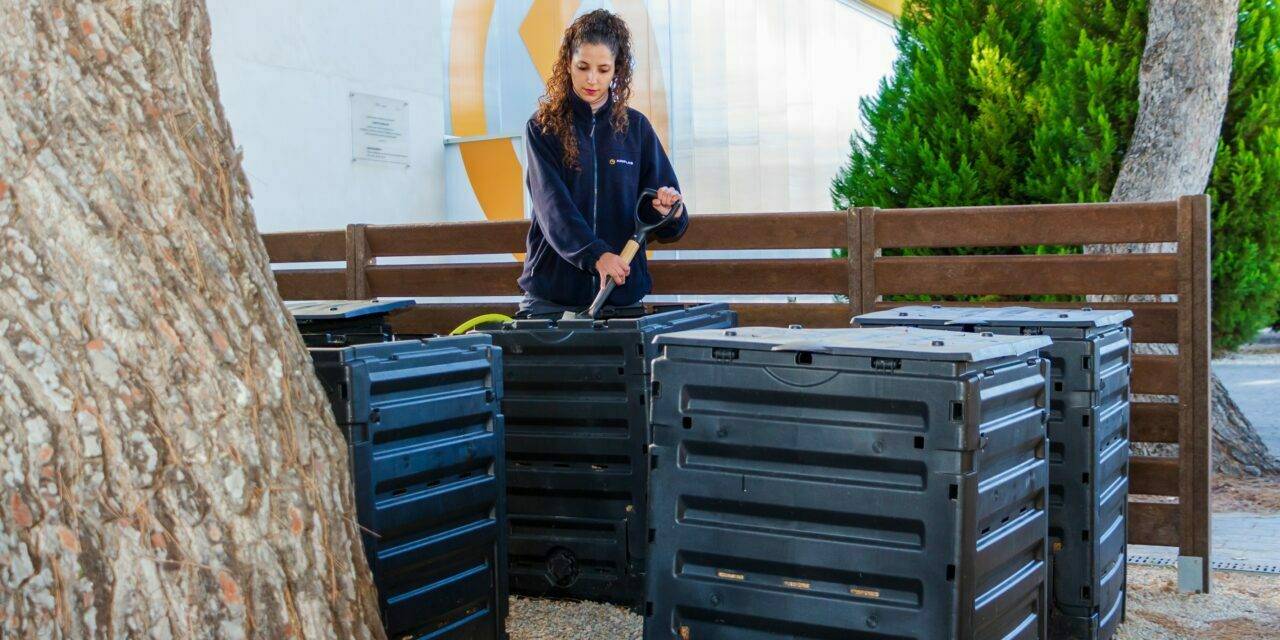
New compostable mulch film will facilitate management of plastic waste in agricultural sector and provide quality compost
23.04.2021 – ENGLISH
Spain markets 14% of all agricultural films in Europe, considering all types. In the particular case of mulch, 80,000 t/year are placed on the market in Europe and 20,000 t/year are used in Spain. The main problem with this product is its recovery at the end of its shelf life, since the resulting waste is highly contaminated with between 30% and 70% of waste impropers such as soil, stones and crop residues. The use of compostable plastics in these kinds of applications is therefore a solution of great interest. In order to optimize recovery of mulch films in the form of quality compost, AIMPLAS, the Plastics Technology Centre, is developing the AGRO+ Project with funding from the Valencian Innovation Agency (AVI). The project is led by the company BENIHORT and the Institute for Plant Molecular and Cell Biology (IBMCP) at the Universitat Politècnica de València is also taking part.
This project is developing a pilot methodology to foster the use of compostable films and propose a waste management protocol for converting them into compost that can be reused by farmers for their own agricultural production. The project will help determine the impact of using this compost on different crops. This methodology will be validated at real scale on three different crops: artichokes from Benicarló, Valencia (an outdoor crop with protected designation of origin status), tomatoes (an organic greenhouse crop) and citrus fruits.
In particular, during the project, compostable mulch films are being developed and optimized by improving degradation rates to ensure the quality of the compost at the end of the composting process and also at intermediate stages. A protocol to standardize recovery and manage protocol of these films is also being developed and specific training is being provided in the agricultural sector.
Thanks to this project, the Valencian agricultural sector will embrace 21 st -century agriculture, which is committed to both product quality and environmental sustainability. In fact, the project’s approach of converting waste into resources is completely aligned with circular economy criteria. The project will therefore also contribute to achieving the United Nations Sustainable Development Goals (SDGs), especially SDG 9 on Industry, Innovation and Infrastructure, SDG 12 on Responsible Consumption and Production, and SDG 13 on Climate Action, given that optimizing resource consumption contributes to a low-carbon economy.
About AIMPLAS
At AIMPLAS, we help companies apply circular economy criteria to their business models and turn the legislative changes that affect the plastics industry into opportunities to improve company efficiency, reduce environmental impact and increase profitability.
AIMPLAS also does research in areas such as recycling, biodegradable materials and products, and the use of biomass and CO 2 with the aim of developing innovative solutions that help solve current environmental challenges.










